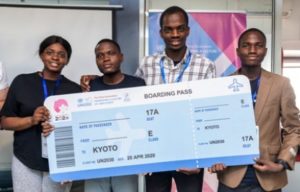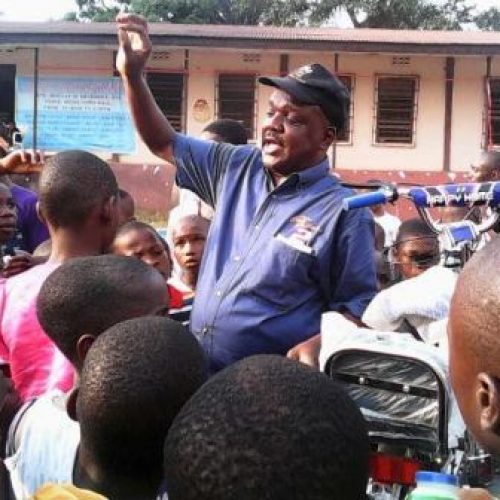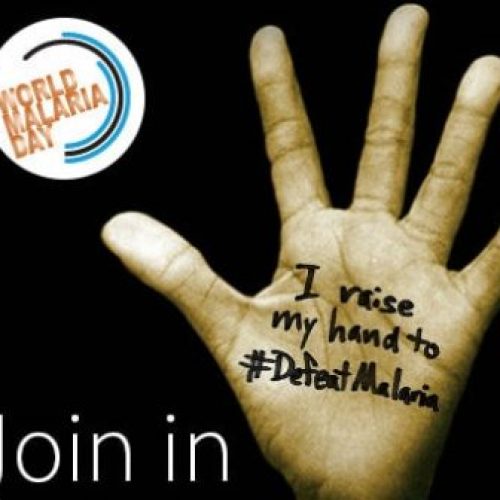Students develop App to trap human traffickers
ABUJA – It was a tale of two marathons in one city – Lagos. One in the physical space, the other in the cyber space. While athletes of different ages and nationalities converged on the biggest megacity in Africa for the 42+ kilometer race, snaking the landscape from the National Stadium to Victoria Island; 64 young coders drawn from different universities across Nigeria had another marathon in the cocoon of Andela Epic Tower, a 21st century cutting edge IT office space located at the heart of the city.
With support from 20 experienced mentors, the youngsters with ages ranging from 19 to 22 commenced the coding marathon at exactly 10:15 am. The university undergraduates had something in common – competing to showcase how youth can contribute through the use of technology to the implementation of Goal 16 on peace, justice and strong institutions of the 2030 Agenda for Sustainable.
Following the successful 2019 event in Lagos, the 64 Nigerian students were brought together by Facebook, Andela and UNODC with the aim to spark their creativity whilst pushing their coding capabilities to find technological solutions to tackle crime, uphold justice and promote the rule of law.
After two days of compelling creativity, four students of the team Predex were declared the winners. The winning project was an application that used artificial intelligence to send warning signals to users of chat applications if the conversation had indications that they might be recruited for human trafficking as well as other forms of sexual abuse.
The team trained their model based on existing datasets of conversations between victims and recruiters for human trafficking or perpetrators of sexual abuse against children.
As a prize, UNODC’s Education for Justice (E4J) initiative will bring the team to the 14th United Nations Congress on Crime prevention and Criminal Justice, to be held in Kyoto, Japan, from 20 to 27 April 2020, where they will have a chance to present their application.
This year’s runner up was an application by the team e-Recyclers. Their project focused on developing a network aimed to inform consumers on how to legally recycle e-waste and hereby to keep it away from the domain of organized criminal groups. The application would help users to determine how and where to recycle e-waste, as well as provide incentives for the lawful recycling of e-waste, with the sponsorship of technology companies.
This activity is a part of UNODC’s Education for Justice (E4J) initiative, the objective of which is to educate youth on crime, justice and rule of law issues.
The Hackathon4Justice event showcases how young people can play an active and creative role in promoting the rule of law, while learning about the issues that affect them.
The E4J initiative is part of the Global Programme for the Implementation of the Doha Declaration of UNODC.
About author
You might also like
WHO publishes list of bacteria requiring new antibiotics
The World Heath Organisation (WHO) has published its first ever list of antibiotic-resistant “priority pathogens” – a catalogue of 12 families of bacteria that pose the greatest threat to human
Asthma strikes again!
Nigerians mourn as prominent Media/PR practitioner Osita Ike dies from attack Most asthmatics still not able to control their condition There’s low level of awareness, even among medical practitioners, in
World Malaria Day: World leaders renew commitments
As the World Malaria Day is marked globally today, world leaders from across the globe meeting in Paris have renewed commitments and announce new initiatives to accelerate the global movement







0 Comments
No Comments Yet!
You can be first to comment this post!